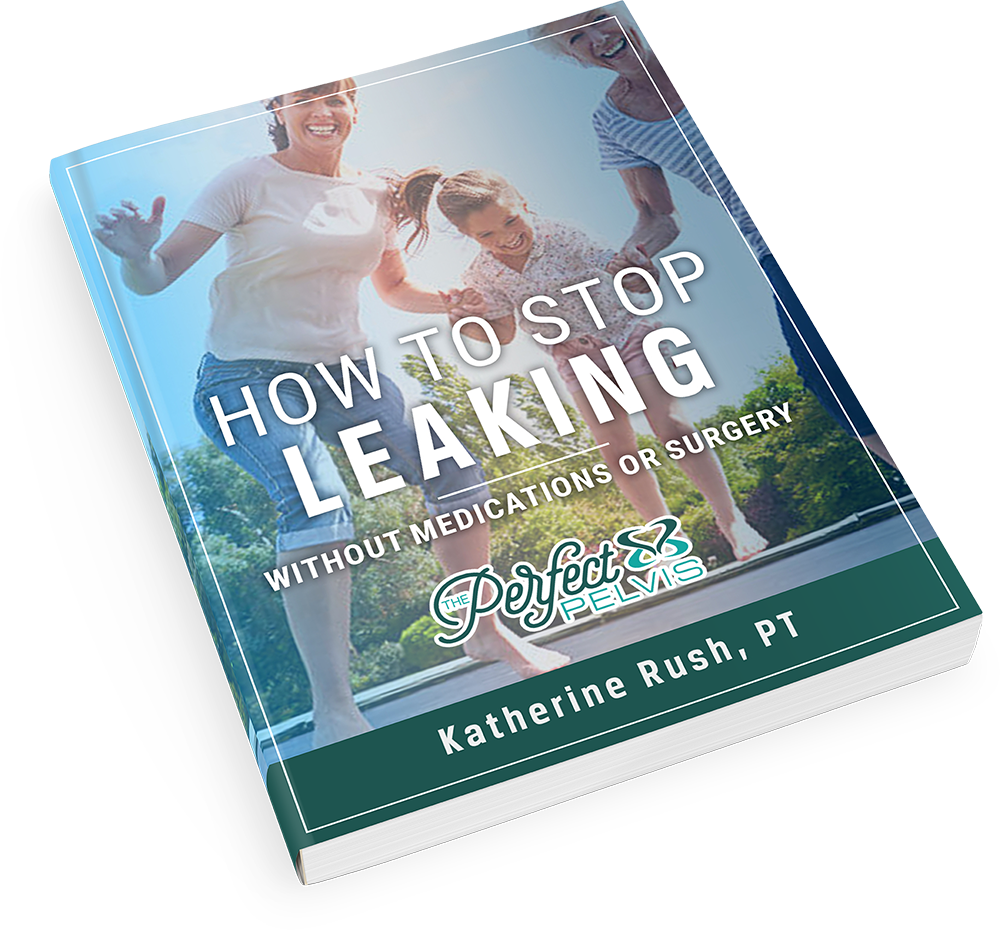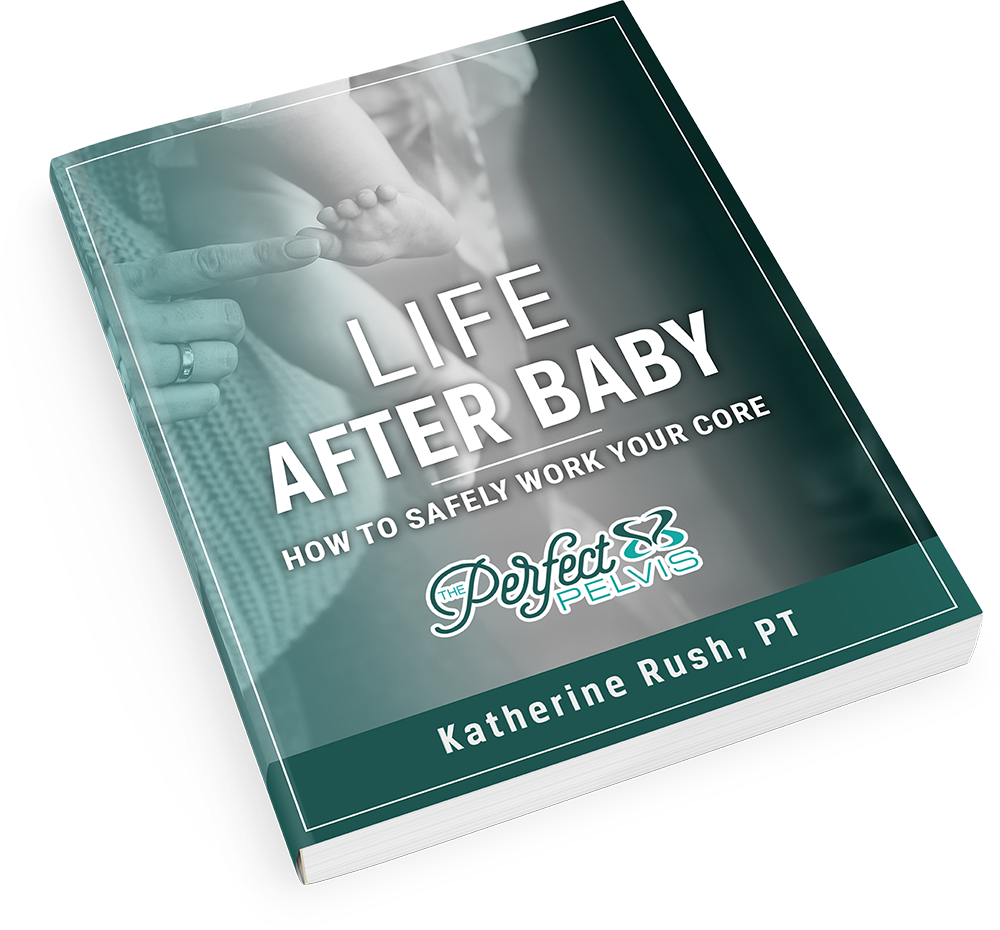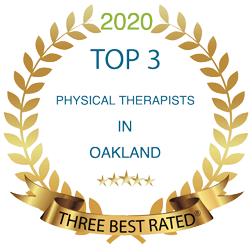Prolapse is a condition that many women may encounter at some point in their lives, yet it remains relatively unknown and often misunderstood. It refers to the descent or sagging of organs within the pelvic region, such as the bladder, uterus, or rectum, from their normal positions. In this article, we’ll delve into what prolapse is, its symptoms, and explore various treatment options, including pessaries, support shorts, and pelvic floor physical therapy.
### What is Prolapse?
Prolapse occurs when the muscles and tissues that support the pelvic organs weaken, leading to the organs shifting from their usual positions. This weakening can be attributed to factors such as childbirth, aging, obesity, and even chronic coughing or straining due to conditions like constipation.
### Symptoms of Prolapse:
- **Pressure and Discomfort:** Women experiencing prolapse often describe a persistent feeling of pressure in the pelvic region. This sensation may be accompanied by discomfort or pain.
- **Bulging Sensation:** A noticeable bulge or lump in the vaginal area is a common symptom of prolapse. This bulging may become more prominent during activities like standing, walking, or lifting heavy objects.
- **Incomplete Emptying of the Bladder or Bowels:** Prolapse can impact the proper functioning of the bladder and bowels, leading to difficulties in fully emptying them.
- **Lower Backache:** Some women with prolapse may experience lower back pain, particularly if the condition involves the descent of the uterus.
### Treatment Options for Prolapse:
- **Pessaries:**
– *Definition:* Pessaries are medical devices designed to support and lift the organs affected by prolapse. They come in various shapes and sizes, and a healthcare professional can help determine the most suitable type for an individual.
– *How They Work:* Pessaries are inserted into the vagina, providing support to the displaced organs and alleviating symptoms. They are a non-surgical option and can be a preferred choice for women seeking conservative management.
- **Support Shorts:**
– *Definition:* Support shorts are specially designed undergarments that offer additional support to the pelvic floor and abdominal muscles.
– *How They Work:* These shorts provide compression and lift to the pelvic region, reducing the impact of gravity on the organs affected by prolapse. Support shorts can be particularly beneficial during physical activities and offer a discreet and comfortable solution.
- **Pelvic Floor Physical Therapy:**
– *Definition:* Pelvic floor physical therapy is a specialized form of physical therapy focused on strengthening and restoring the function of the pelvic floor muscles.
– *How It Works:* A trained physical therapist works with individuals to develop a personalized exercise plan targeting the pelvic floor muscles. These exercises aim to improve muscle tone, enhance support for the pelvic organs, and alleviate symptoms associated with prolapse.
### Conclusion:
Prolapse is a common yet under-discussed condition that can significantly impact a woman’s quality of life. Understanding its symptoms and available treatment options is crucial for informed decision-making. Whether opting for non-surgical solutions like pessaries and support shorts or seeking the guidance of a pelvic floor physical therapist, individuals should work closely with healthcare professionals to determine the most suitable approach for their unique circumstances.
As awareness grows, we hope to destigmatize discussions surrounding prolapse, fostering an environment where women feel empowered to seek help and explore the available treatment options for this prevalent condition. If you are in the Kansas City area and would like more information about treatment- please call The Perfect Pelvis at 816-607-3747.







